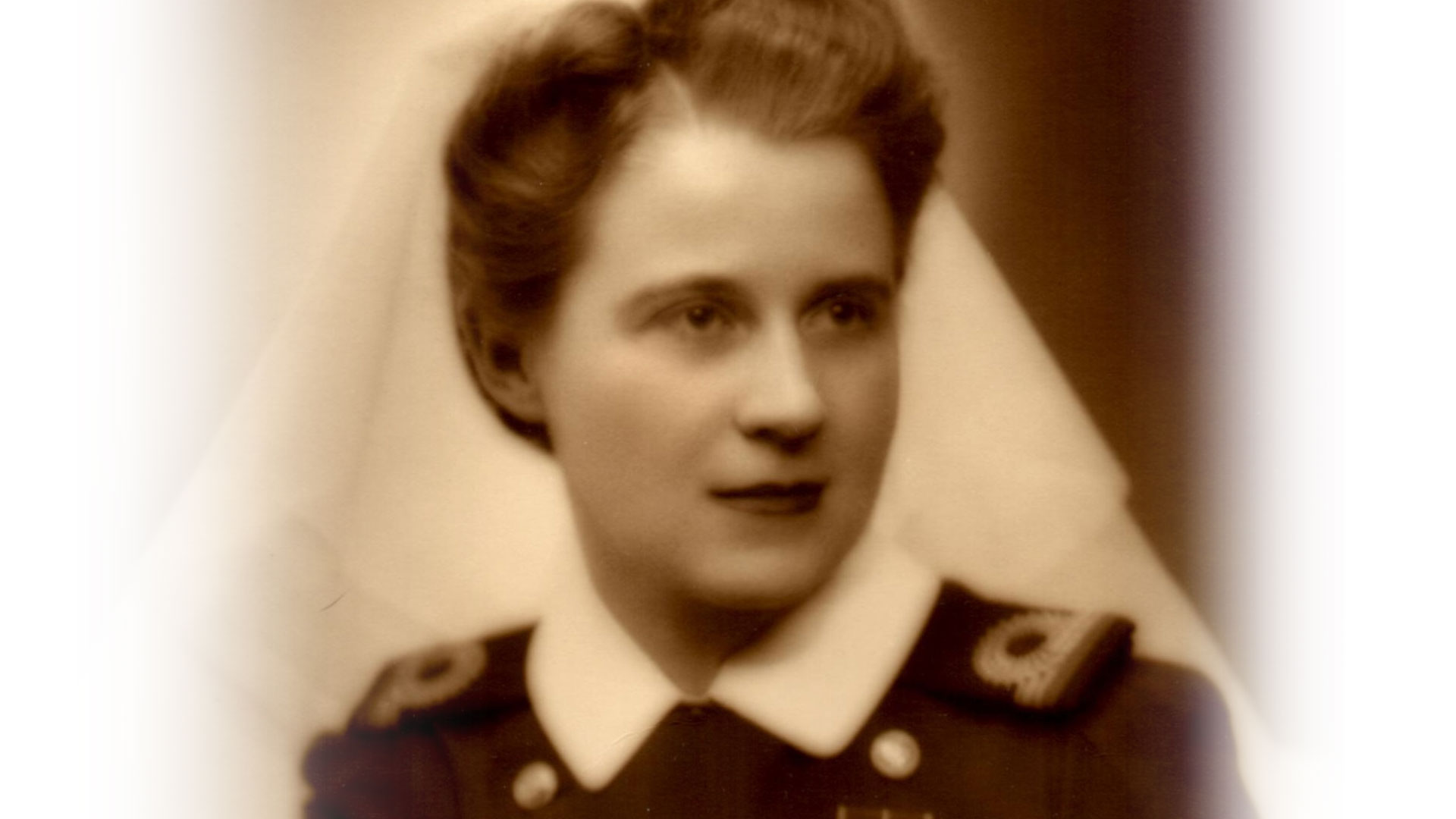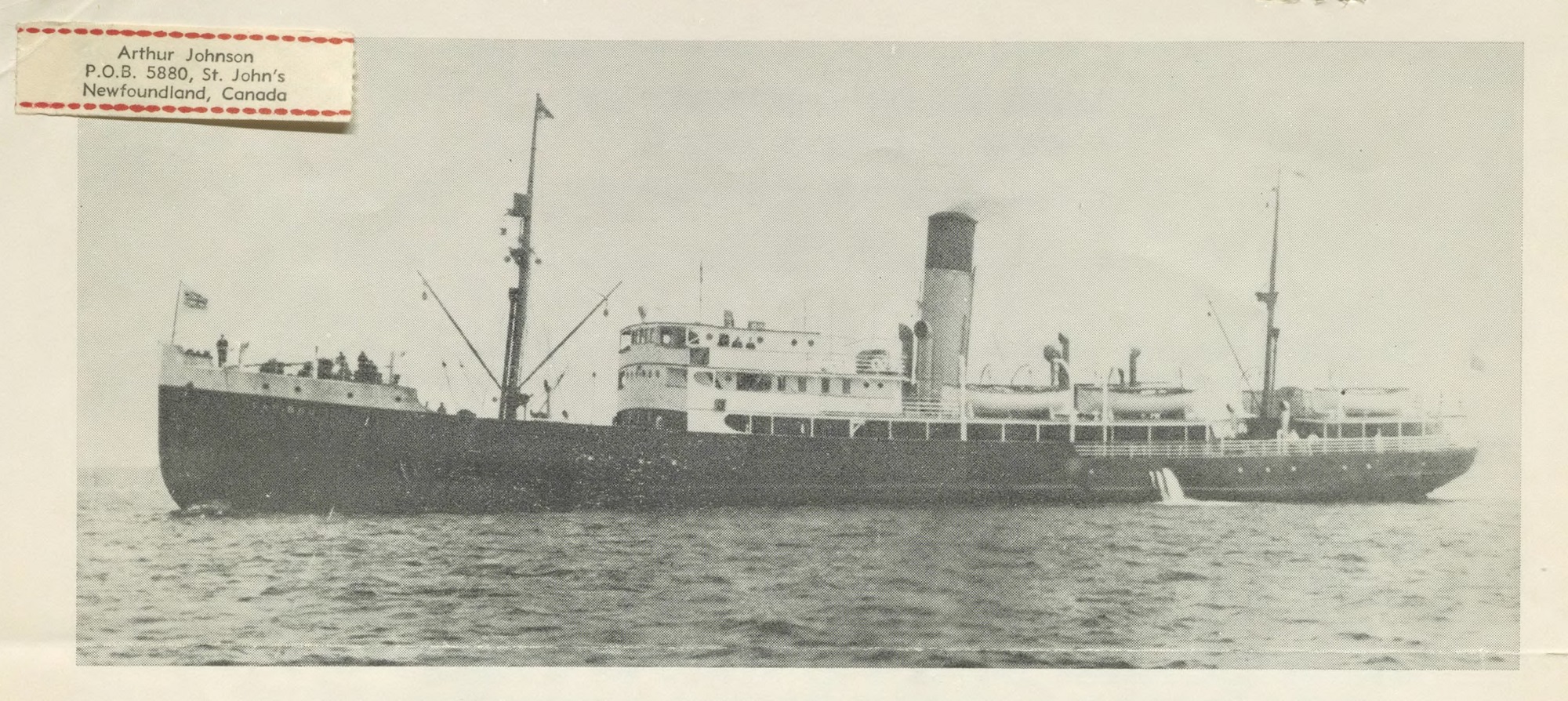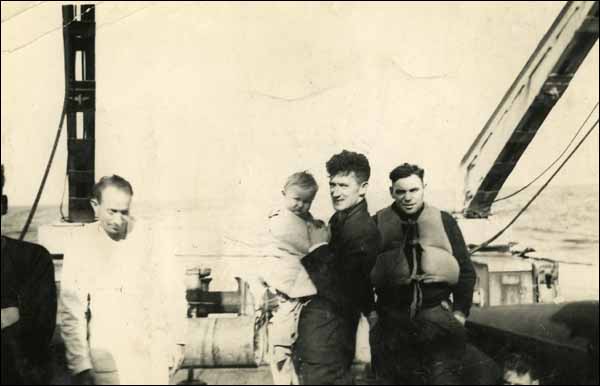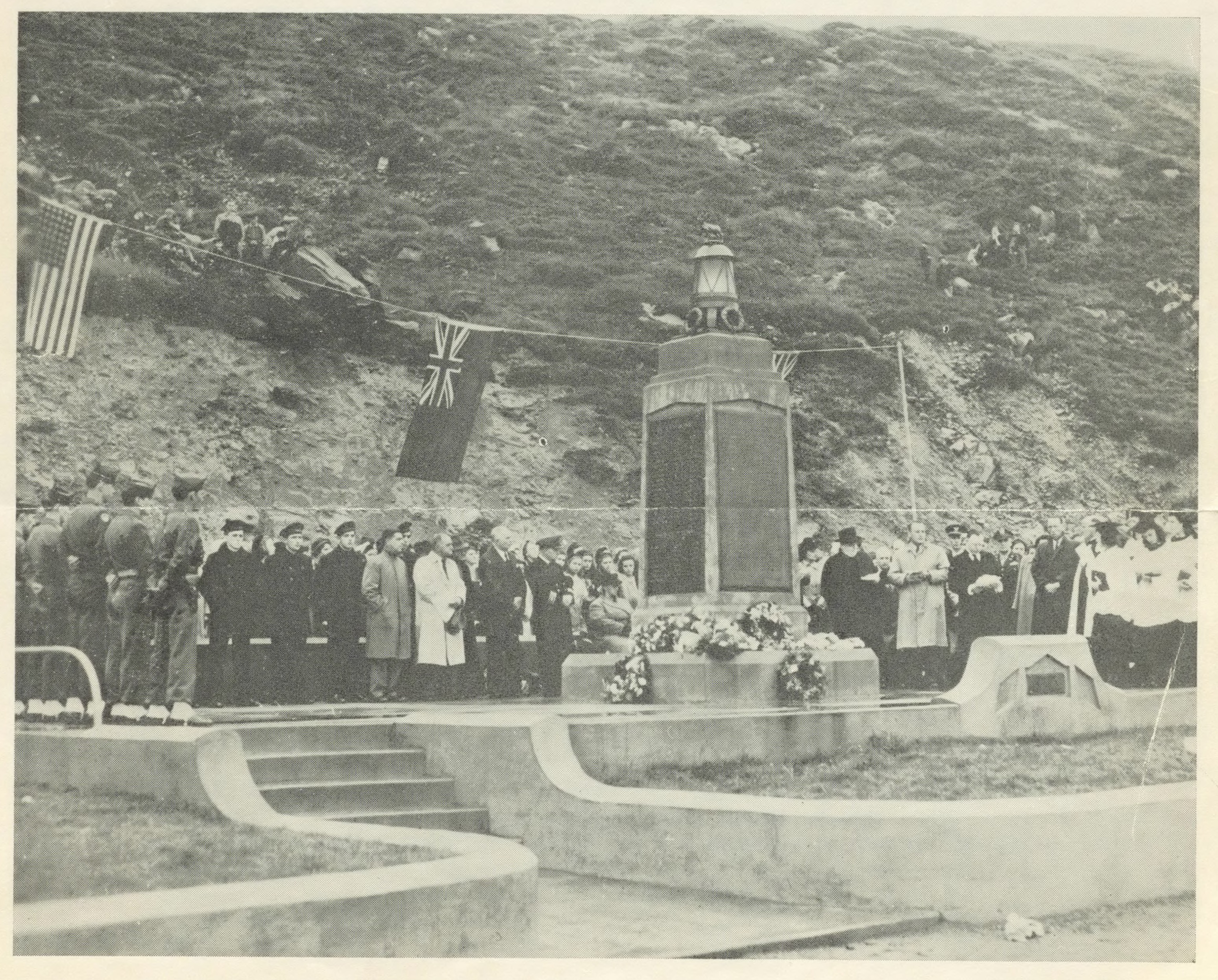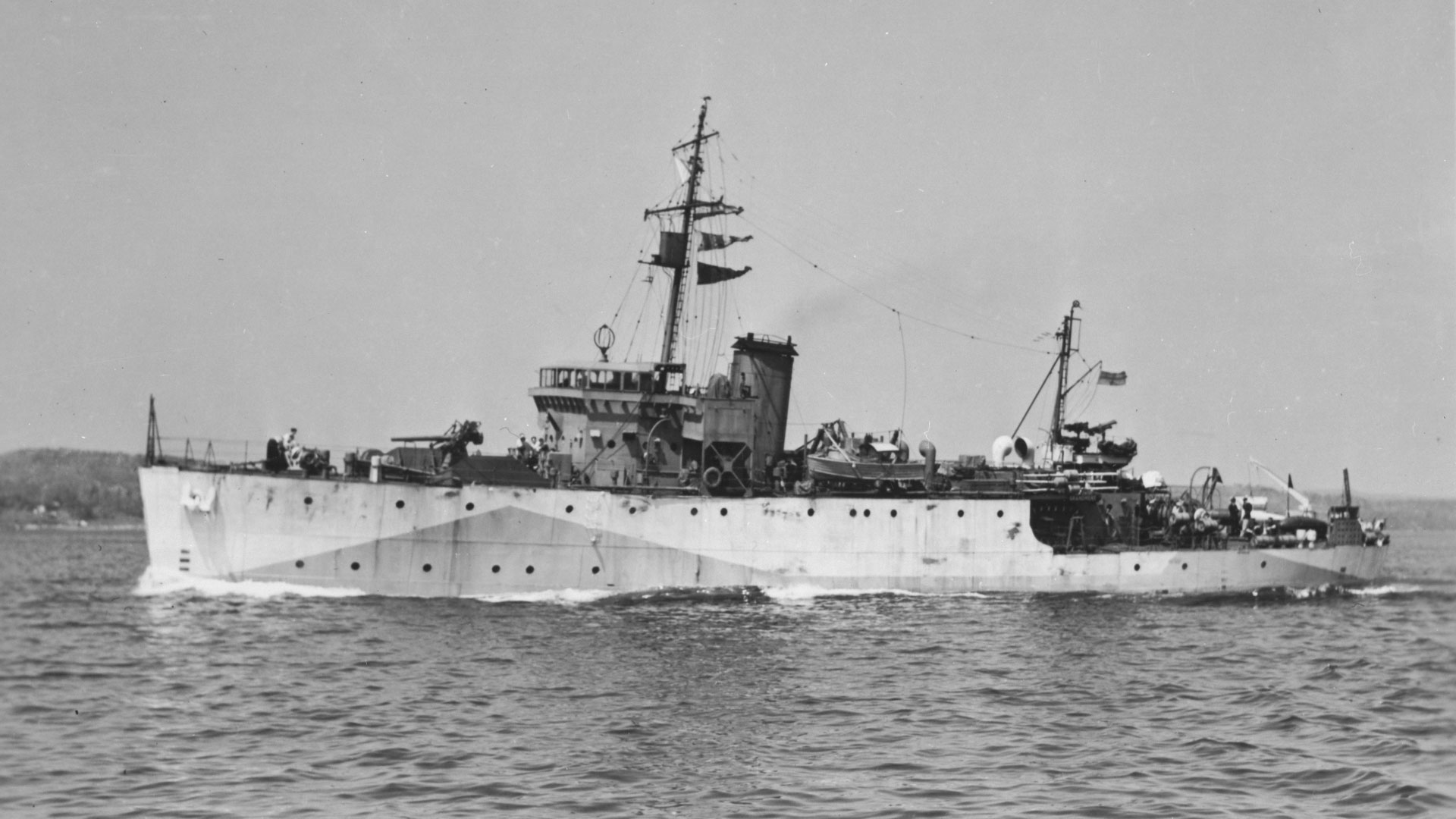Clinging to a lifeboat: Margaret Brooke tried desperately to save fellow nursing sister
It was October 14, 1942 and Royal Canadian Navy Nursing Sister Margaret Brooke was returning from leave aboard the ferry SS Caribou when it was torpedoed by a German U-boat.

Most requested
“When the torpedo struck I was thrown across the room right on top of Agnes,” Brooke wrote in a letter to her brother Hewitt Brooke a few days after the incident. Agnes Wilke was a fellow nursing sister.
Her letter continues:

Brooke and Wilke managed to grab their coats then headed for their lifeboat on the starboard side, struggling into their coats as they went.

The ferry sank in five minutes. It was 3:14 a.m.
The two women did not know they should jump clear of the vessel. They were sucked under with Caribou.

A few minutes later a piece of overturned lifeboat floated by and they joined others clinging to ropes. A soldier helped Brooke up and together they pulled Wilkie out of the water.

They knew that if the boat turned right side up it would sink. They could hear other people calling for help, but couldn’t let go of the lifeboat. We “just had to cling there and listen,” she wrote.

It didn’t take long for the weather and freezing water to bring on hypothermia.
Wilkie lost consciousness and let go.

But Brooke hauled her back, holding on to a rope on the lifeboat with one hand and Wilkie with the other.
Fighting for her own survival in the frigid water, Brooke did everything humanly possible to save Wilkie’s life.


Only Brooke and two or three other survivors were still clinging to the lifeboat half an hour later when the minesweeper HMCS Grandmere picked them up.
From a historian’s summary of the action report from HMCS Grandmere:

HMCS Grandmere had been escorting the ferry but it left the survivors to chase the German submarine. Of the 237 passengers, Grandmere rescued 101 people.
Wilkie became the first – and only – Canadian nursing sister to die from enemy action during the war.
In January 1943 Brooke was named a Member (Military Division) of the Order of the British Empire for her “gallantry and courage whilst in the water in attempting to save the life of another nursing sister.”
Brooke later told friends she thought she herself was saved because of two four-leaf clovers given to her by a patient. She was carrying them with her when Caribou was torpedoed. After Brooke had recovered, her brother sent her a silver locket in which to keep the four-leaf clovers.
In later years, that same brother, a sailing enthusiast, had three boats built. As each new boat was launched the four-leaf clovers in the silver locket were installed in the boat. The family always felt that the luck continued and kept them all safe on the water.
After the war Brooke stayed in the navy, working as a dietitian and rising to the rank of Lieutenant-Commander before retiring in 1962.
Prior to her death on January 9, 2016 at the age of 100, Brooke learned that the Royal Canadian Navy would name its second new Arctic and Offshore Patrol Ship after her.
“I am amazed that my actions as a survivor of the sinking of the SS Caribou led the Royal Canadian Navy to my door,” said Brooke. “I was honoured to learn that a new Arctic and Offshore Patrol Ship will carry my name and be known as Her Majesty’s Canadian Ship Margaret Brooke.”
Page details
- Date modified:
